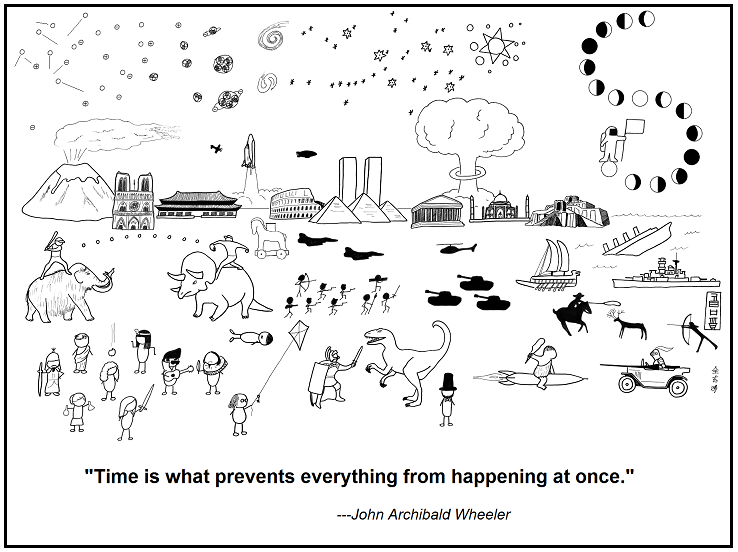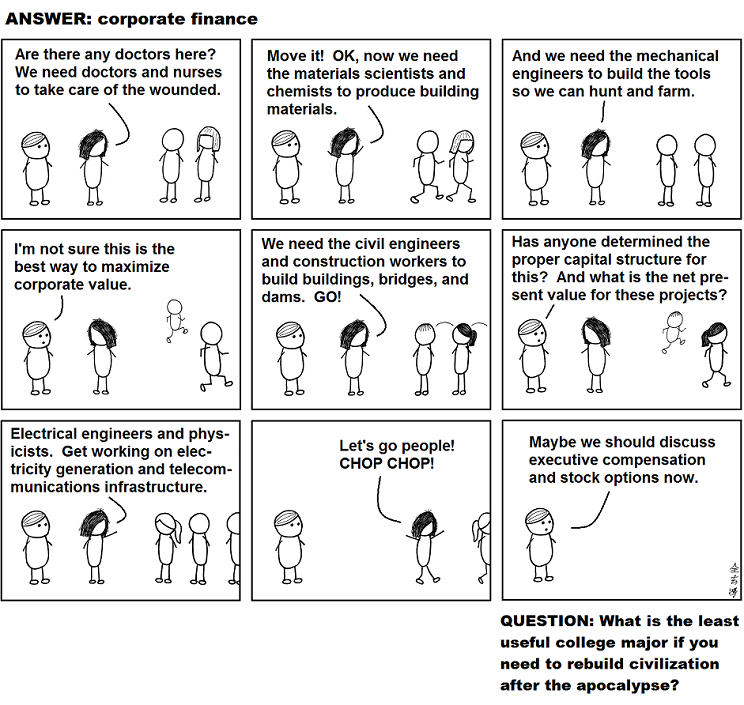 The city of Milwaukee is not a good place to be an infant. For every 1,000 babies born there, more than 10 die before their first birthday. Among black families, the number is even higher — 14 out of 1,000. The national average is about 6.5. So it’s no wonder the Milwaukee Health Department is pulling out every tool in its arsenal to curb the number of infant deaths . . . even scare tactics.
The city of Milwaukee is not a good place to be an infant. For every 1,000 babies born there, more than 10 die before their first birthday. Among black families, the number is even higher — 14 out of 1,000. The national average is about 6.5. So it’s no wonder the Milwaukee Health Department is pulling out every tool in its arsenal to curb the number of infant deaths . . . even scare tactics.
Would you put your child down for a nap next to a giant butcher knife? No? Well, why would you let your child sleep with you? They’re equally risky, the ad says. The message is clear: Choose to share a bed with your infant, and you could be risking your child’s life. Continue reading






